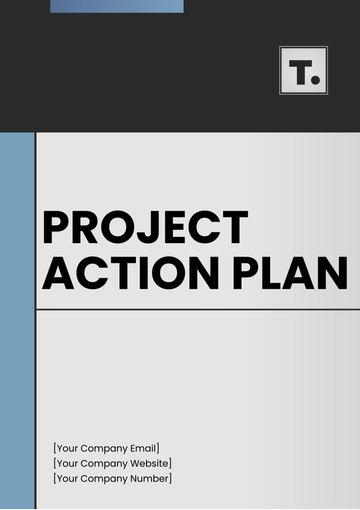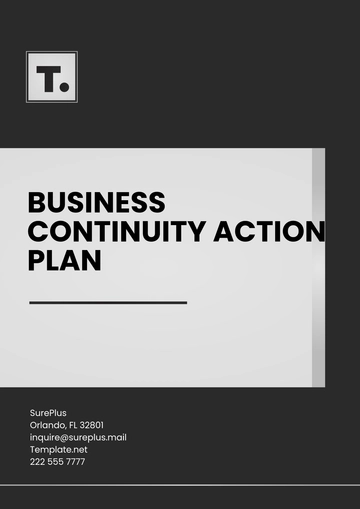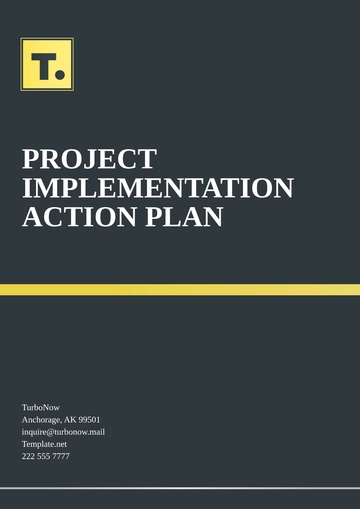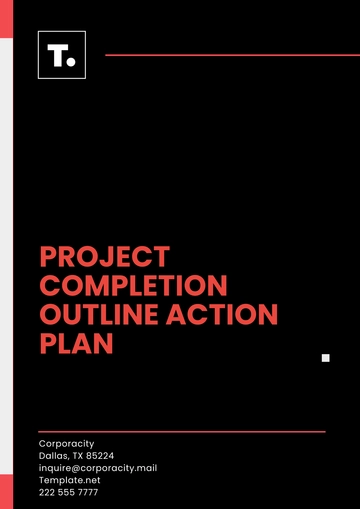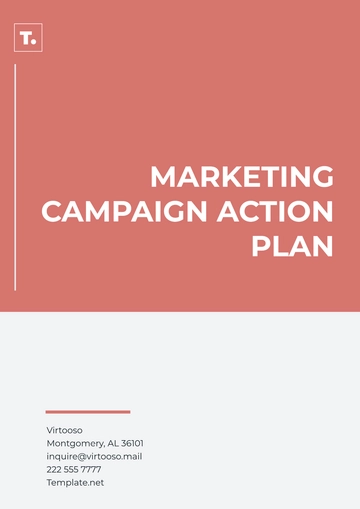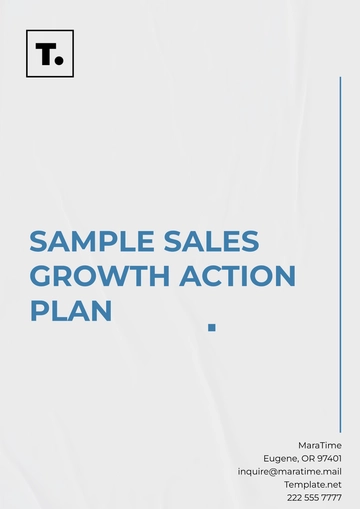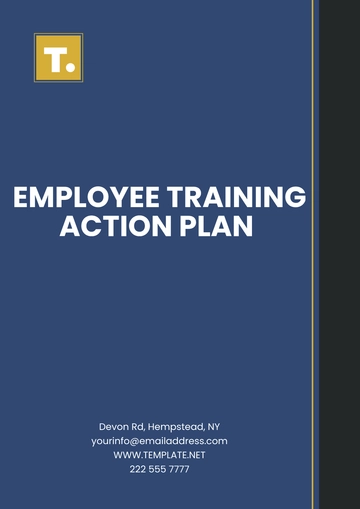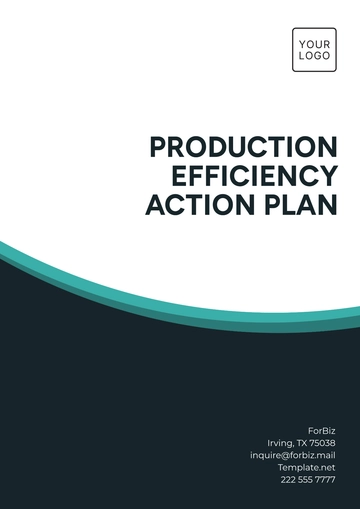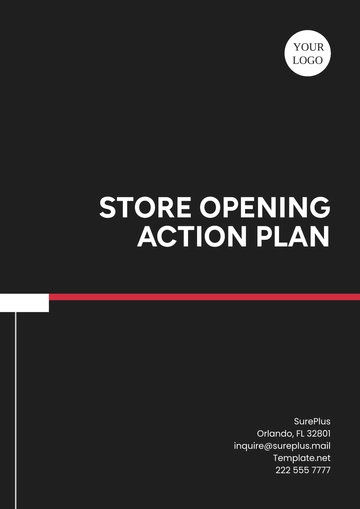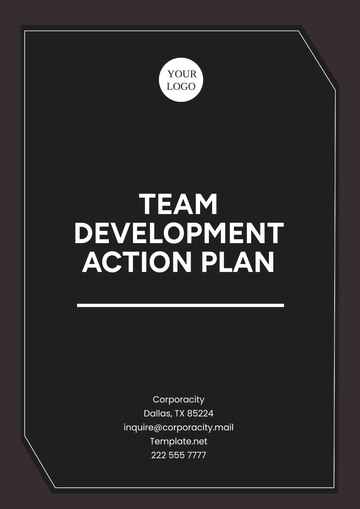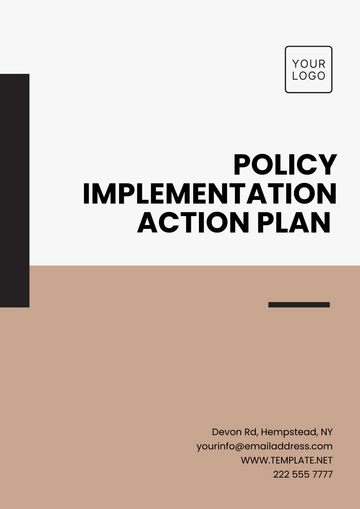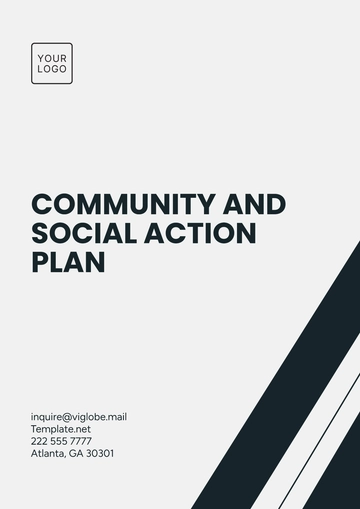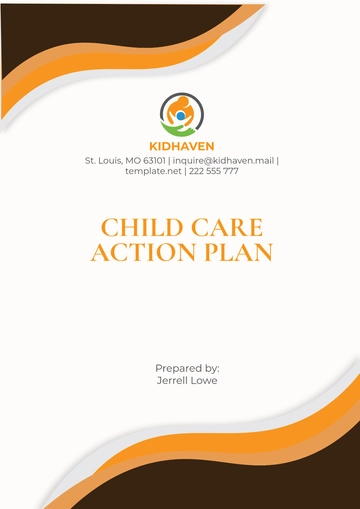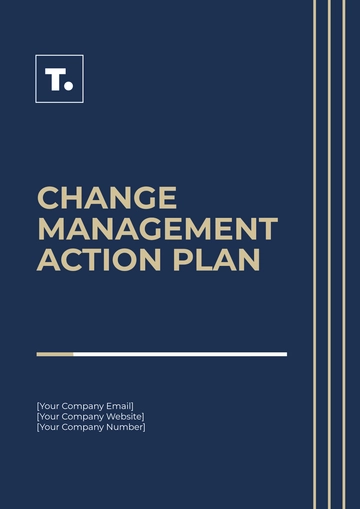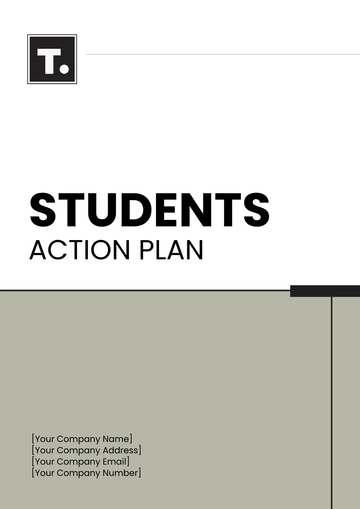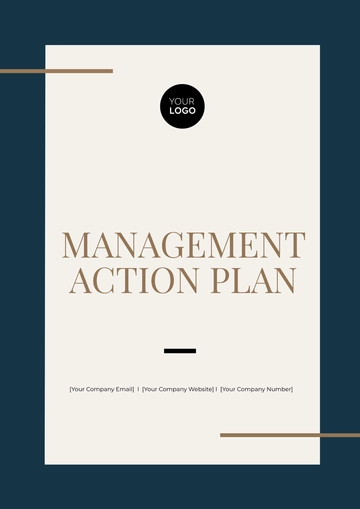Free 90-Day Entrepreneurial Action Plan
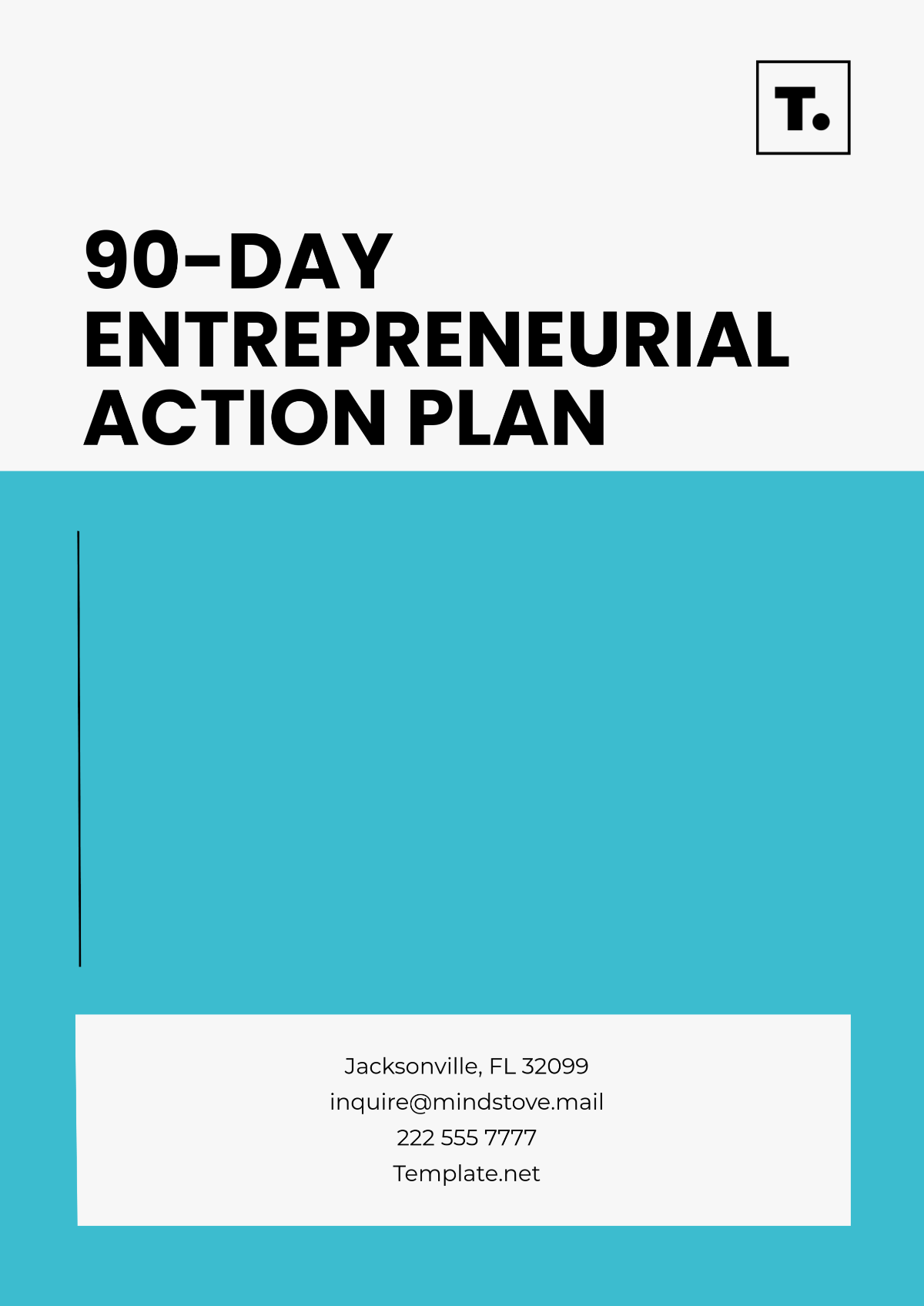
Prepared by:
[Your Name]
[Your Company Name]
Introduction
Starting a business is an exciting yet challenging journey. The first 90 days are pivotal in setting a strong foundation for success. This 90-day Entrepreneurial Action Plan has been carefully crafted by [YOUR COMPANY NAME] to guide you through the critical early stages of launching your business. Our structured approach is designed to equip you with practical steps, resources, and insights to help you turn your business idea into a reality.
Phase 1: Research and Development (Days 1-30)
1.1 Market Research and Validation
In this first phase, it is essential to gain a thorough understanding of the market and validate your business idea. We will guide you through identifying your target audience, analyzing competitors, and ensuring that there is a demand for your product or service.
Key Actions:
Identify Your Target Audience: Define your ideal customer profiles and create customer personas to better understand their needs and preferences.
Analyze Competitors: Assess the strengths and weaknesses of direct and indirect competitors in your market.
Market Trends: Identify emerging trends and market dynamics that could impact your business.
Customer Validation: Use surveys, focus groups, or interviews to validate demand for your offering.
Metrics for Success:
Clear customer personas and target market insights.
Detailed competitor and market analysis.
Customer feedback from at least 50 individuals confirming demand validation.
1.2 Business Model Development
With your market research in hand, we will assist you in crafting a sustainable business model that aligns with your findings. This phase will help you define your revenue streams, pricing strategies, and overall financial framework.
Key Actions:
Define Your Value Proposition: Articulate the unique value your product or service brings to the market.
Revenue Streams: Identify all potential revenue sources, such as sales, subscriptions, or service fees.
Pricing Strategy: Develop a pricing model based on competitor analysis, customer perception, and value proposition.
Preliminary Financial Plan: Create a basic financial forecast covering initial expenses, revenue, and cash flow.
Metrics for Success:
A well-defined value proposition.
Clear revenue model and pricing strategy.
A basic financial forecast that aligns with your business goals.
Phase 2: Planning and Testing (Days 31-60)
2.1 Strategic Planning and Goal Setting
This phase is focused on creating a roadmap for your business, ensuring that both short-term and long-term goals are aligned. We’ll guide you in developing a detailed business plan that outlines strategic objectives and operational steps.
Key Actions:
Business Plan Development: Develop a comprehensive business plan that includes your mission, vision, short-term and long-term objectives, and strategic goals.
Marketing Strategy: Create a robust marketing plan that includes digital marketing (SEO, social media), content strategy, and traditional marketing approaches.
Sales Plan: Define how you will generate sales, including lead generation techniques, sales funnels, and customer retention strategies.
Operational Planning: Lay out the processes for daily operations, staffing, logistics, and resource management.
Metrics for Success:
A detailed business plan with clear goals and strategies.
A well-defined marketing and sales strategy.
A comprehensive operational plan for smooth business execution.
2.2 Prototype Development and Testing
Before launching, we will help you develop a prototype or minimum viable product (MVP) to test your business concept. This phase focuses on gathering real-world feedback to validate and refine your offering.
Key Actions:
Develop Your Prototype: Create a functional prototype or MVP that reflects your core offering.
Conduct Testing: Share your prototype with potential customers and gather detailed feedback.
Iterate Based on Feedback: Make adjustments based on user feedback to improve your product or service.
Pilot Launch: Consider running a small-scale pilot launch to further test the product with a wider audience.
Metrics for Success:
A prototype or MVP was developed and tested.
Feedback from at least 50 customers or users.
Iterative product refinement based on testing insights.
Phase 3: Launch Preparation and Execution (Days 61-90)
3.1 Final Preparations
As you prepare for launch, it’s essential to ensure that all components of your business are aligned and ready for a successful rollout. We will help you finalize key aspects such as branding, marketing materials, and operational processes.
Key Actions:
Finalize Branding and Marketing Materials: Develop your brand identity, including logos, color schemes, and marketing collateral.
Establish Online Presence: Ensure your website, social media profiles, and online platforms are fully optimized and consistent with your brand identity.
Team Preparation: If applicable, train your team on company operations, customer service protocols, and marketing strategies.
Pre-launch Campaign: Design a pre-launch campaign to build excitement and attract early interest from your target audience.
Metrics for Success:
Complete branding and marketing materials.
Optimized website and social media profiles.
A well-prepared team is ready to support the launch.
Pre-launch engagement with your audience.
3.2 Official Launch and Monitoring
The final stage is launching your business and monitoring performance. With a structured launch plan in place, we will help you track key performance indicators (KPIs) and adjust strategies based on real-time feedback.
Key Actions:
Host a Launch Event: Organize an engaging launch event, whether online or in person, to generate buzz and attract customers.
Execute Marketing Campaigns: Roll out your marketing strategies, including email marketing, social media ads, and influencer partnerships.
Monitor Key Metrics: Track website traffic, sales conversions, customer engagement, and other relevant performance indicators.
Customer Feedback Collection: Actively seek feedback from early customers to optimize products, services, and overall experience.
Metrics for Success:
Successful execution of the launch event.
Measurable success from marketing campaigns.
Real-time adjustments based on performance data.
Continuous customer feedback for ongoing improvement.
Conclusion
The first 90 days of your entrepreneurial journey are critical in setting the stage for long-term success. By following this detailed action plan, you will be equipped with the right tools, resources, and guidance to validate your business idea, strategically plan for growth, and successfully launch your business. At [YOUR COMPANY NAME], we are committed to supporting your journey with expert advice and practical solutions every step of the way.
- 100% Customizable, free editor
- Access 1 Million+ Templates, photo’s & graphics
- Download or share as a template
- Click and replace photos, graphics, text, backgrounds
- Resize, crop, AI write & more
- Access advanced editor
Achieve your business goals with Template.net's 90-Day Entrepreneurial Action Plan Template. This editable and customizable tool helps you outline strategies, set priorities, and track milestones effectively. Editable in our AI Editor Tool, it allows effortless adjustments to suit your entrepreneurial journey. Perfect for aspiring entrepreneurs, this template ensures a focused and actionable path to success.
